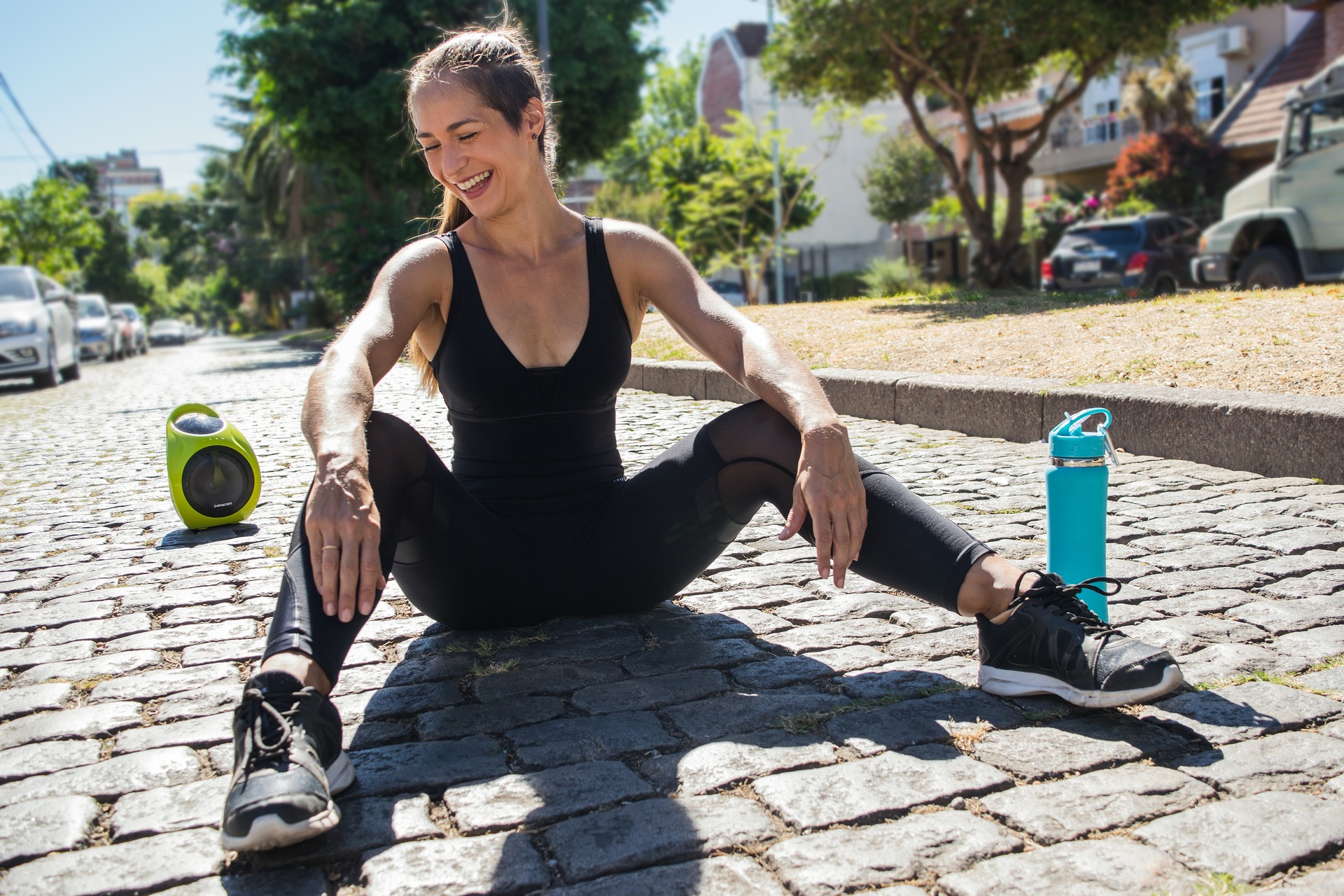The Relevance of Emotional Fitness in Holistic Wellness
Delving into a lesser-explored aspect within the realm of fitness, we explore the concept of emotional fitness—its significant history, recent developments, and growing appearance in modern wellness strategies.

A Peek into the Past: An Understanding of Emotional Fitness
Our journey begins centuries ago. Philosophers like Plato and Aristoteles argued that emotions add value to human lives—an insight strangely relevant in our current world as we evolve to embracing a broader perspective towards beauty and fitness. Emotional fitness, a term popularized in the 20th century, brings light to an integral aspect of wellness that happens internally, gaining traction over time.
Emotional Fitness Today: Nurturing a Resilient Spirit
Today, emotional fitness permeates everyday wellness conversations, emphasizing resilience and the power to adapt to life stressors. It reflects in preventative self-care routines—meditations for mental clarity, daily gratitude practices to appreciate the present, and even simple moments of breathing exercises to combat anxiety. This development highlights the shifting mentality towards fitness, projecting it beyond physical transformations, and integrating healthy mental state sustainability.
Carrying Our Emotions in Our Makeup Bag: The link between Emotional Fitness and Beauty
The shift towards holistic wellness has influenced beauty industries profusely. Reflections of emotional fitness can be seen shaping product-level changes—multi-purpose beauty products are touted less as camouflage and more as means to exude one’s emotions and confidence. Brands such as Philosophy, Aesop, and Origins gel beauty with mental well-being, pushing empathy-quoted packaging and integral wellness products, winning hearts worldwide.
Unpacking Benefits: Feeling Good is Looking Good, Backed by Evidence
Preference towards a holistic wellness approach is not unfounded. Studies have shown that mental and emotional balance yields direct physical benefits, resulting in radiant complexions and reduced wrinkles. Believing in ourselves alters our body image, boosting our self-confidence. Neurological reports indicate that a confident person who feels amazing will look so too, validating the notion that looking good impels from feeling good.
Thriving in Harmony: Future Prospects on Emotional Fitness in Beauty and Fitness
If recent advancements indicate anything, it points towards growing synchrony between Bhavas—traditional Indian term signifying mental states—and beauty. We can anticipate wellness to incorporate more emotional-bracing solutions, nurturing healthier mindsets rather than focusing strictly on physical alterations.
Indeed, the allure behind a glowing, fit body is no more solely about bikini-alone-afternoons or strutting your latest outfit with unwavering flair—it’s about the inner glow that steams from mental and emotional harmony. Embracing this holistic philosophy might just be the key to unlock the unexplored potentials of beauty and fitness. Virginia Wolf once said eloquently that beauty continues to res expose and indeed—”the most exciting of hiding places”—resides in the radiant confidence reflective of a healthy mental state, amplifying our individuality and shoving appreciation towards the uniqueness dwelling within us.
Finally, strength isn’t merely physical. Nor is it about eliminating masks—it presents holistic stability that stands authentically through the ages. And though physical features may wither, the robustness of emotional vivacity dry the lines etched by time itself, painting pages in the annuals of beauty and fitness history books yet to be explored.
Ultimately, we must peddle towards comprehensive well-being. Practicing mindfulness, sharpening resilience, expressing gratitude towards life’s simplest blessings, ensuring our daily well-being, and, most importantly, internalizing this question: are you wearing happiness today?




